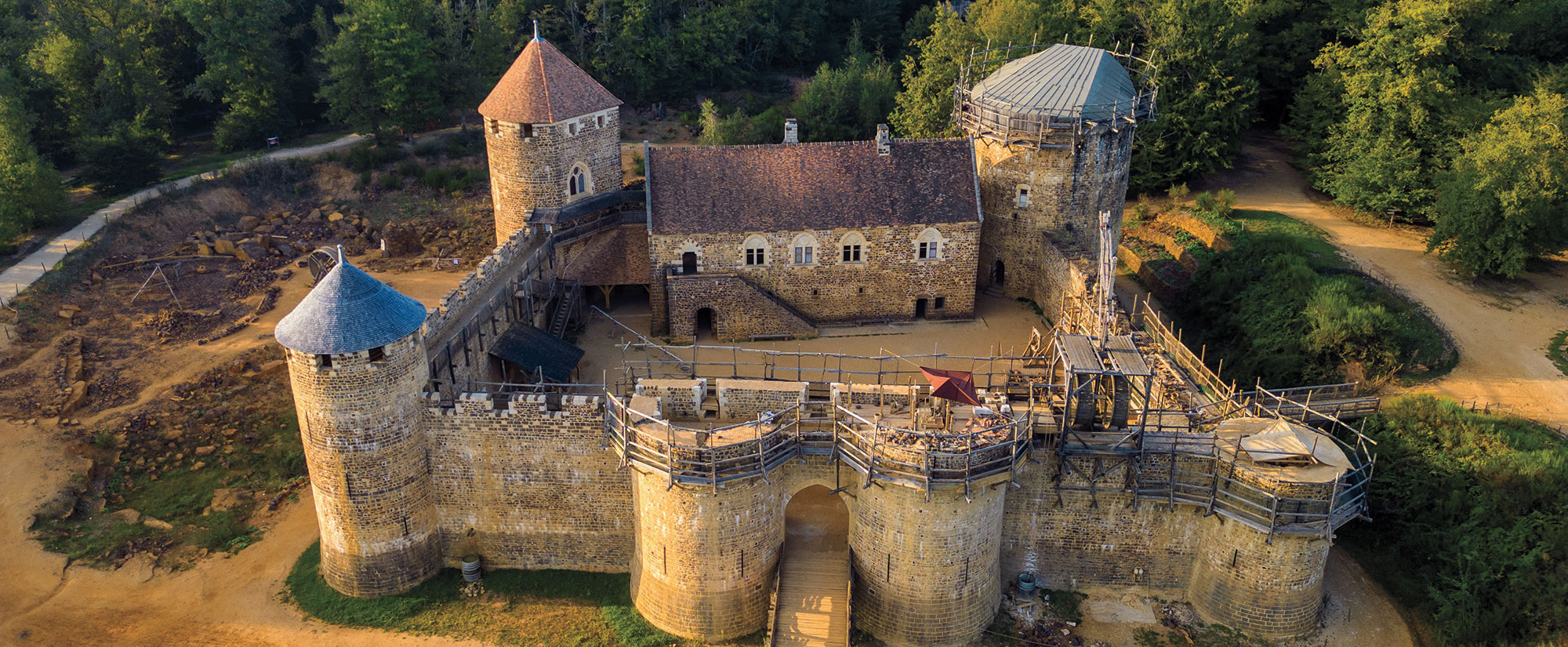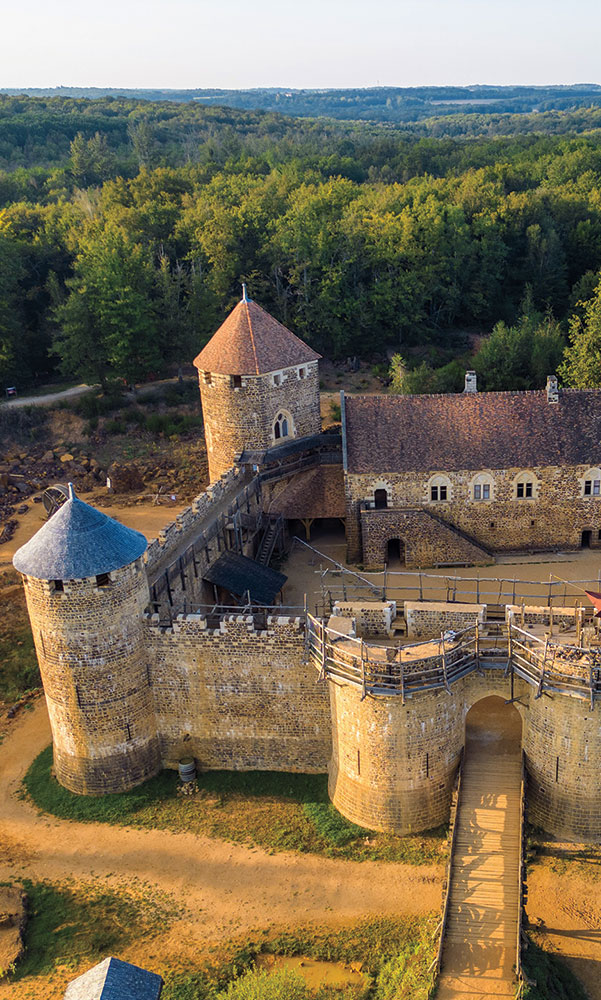SEDDIN, GERMANY—Archaeologists knew that during the Late Bronze Age, northern Germany was well-connected to broad trade networks that linked communities across Europe. This was evident in the diverse artifacts that had been recovered in the region, especially at Seddin, a site that features a series of monumental burial mounds. According to a statement released by The University of Gothenburg, it was not only goods but also people that traveled along these routes. In a recent study, researchers conducted strontium analysis on skeletal remains found at five burial sites around Seddin to determine whether the individuals buried there between 900 and 700 b.c. were born locally or somewhere else. The results showed that the overwhelming majority of the people studied had immigrated from elsewhere, possibly southern Scandinavia, central Europe, or northern Italy. In fact, only two of the 22 individuals had grown up in Seddin's environs. While the study highlights human mobility during the Late Bronze Age, however, the researchers note that this might not represent the population in Seddin as a whole, but only the high-status elite, who were the only ones to be interred in such monumental tombs. Read the original scholarly article about this research in PLOS One. To read more about Bronze Age Germany, go to "Letter from Woodhenge: Stonehenge's Continental Cousin."
Late Bronze Age Foreign Elites Settled in Northern Germany
News September 17, 2025
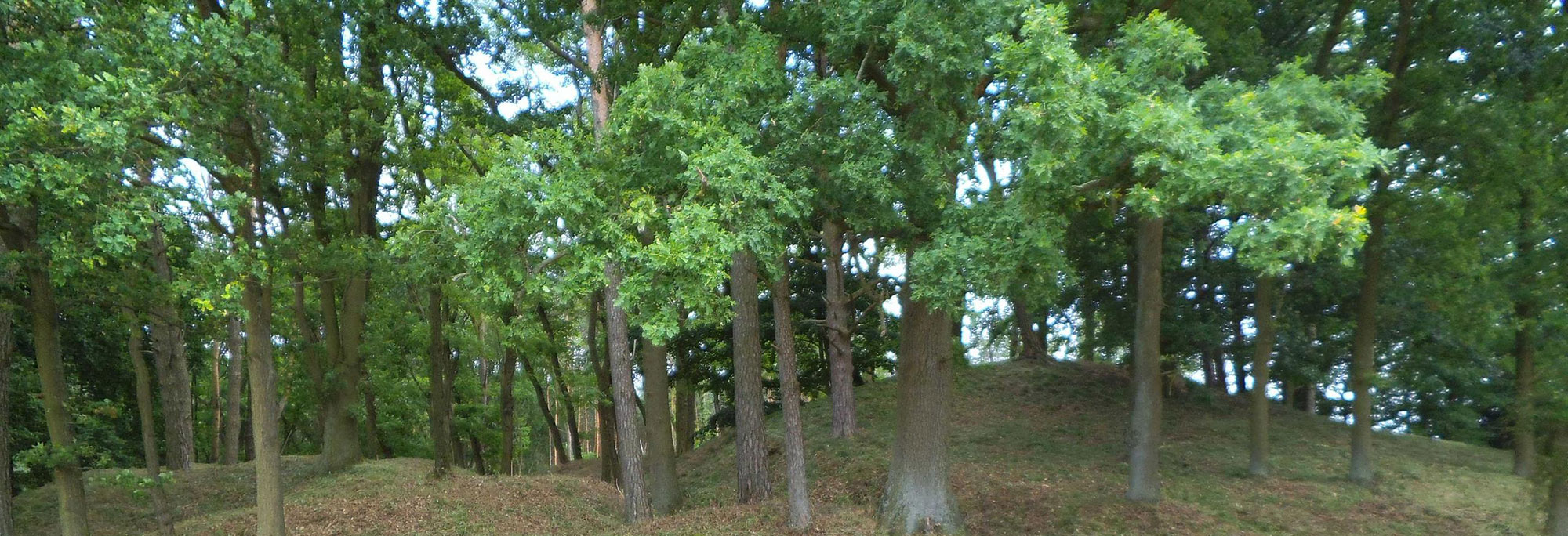
Recommended Articles
Digs & Discoveries November/December 2025
Canine Couture
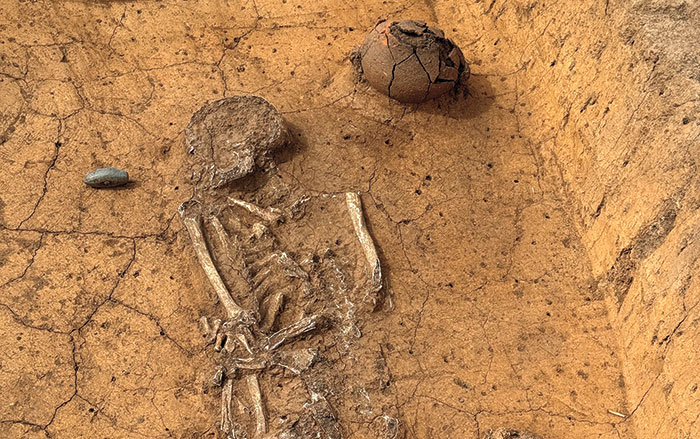
Digs & Discoveries September/October 2025
Good Night, Sweet Prince
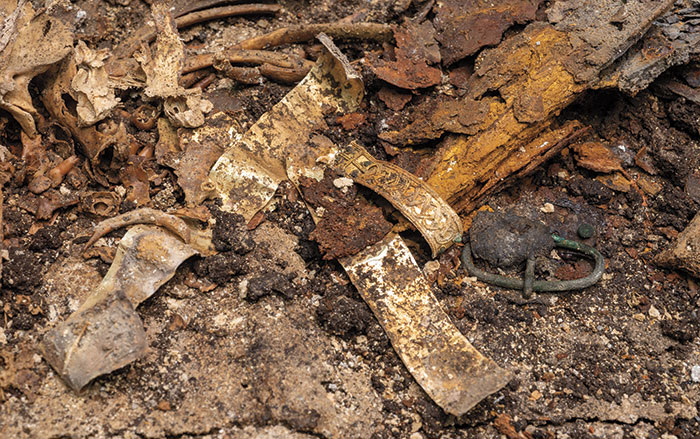
Digs & Discoveries July/August 2025
Saints Alive
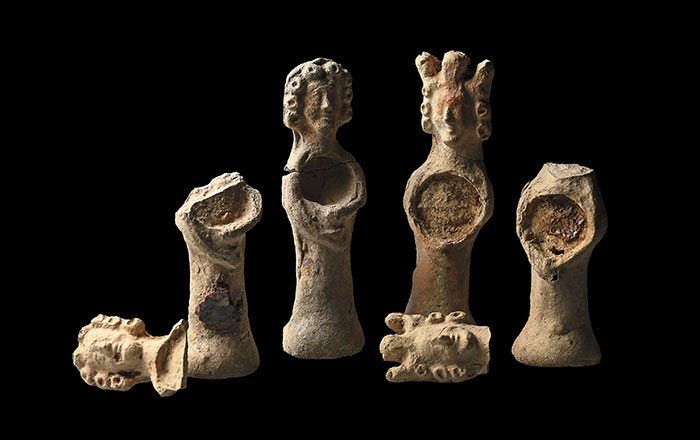
Digs & Discoveries July/August 2025
Soldiers of Ill Fortune
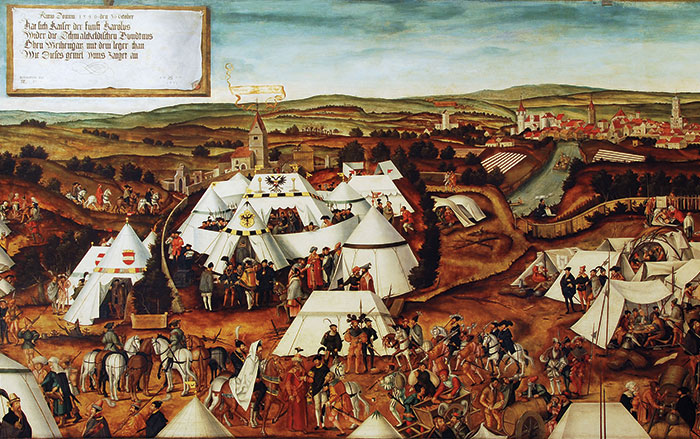
-
Features September/October 2025
Spirit Cave Connection
The world’s oldest mummified person is the ancestor of Nevada’s Northern Paiute people
 Howard Goldbaum/allaroundnevada.com
Howard Goldbaum/allaroundnevada.com -
Features September/October 2025
Here Comes the Sun
On a small Danish island 5,000 years ago, farmers crafted tokens to bring the sun out of the shadows
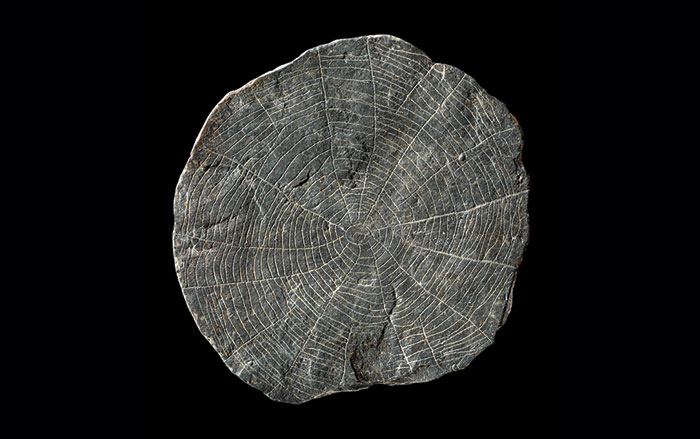 Courtesy the National Museum of Denmark
Courtesy the National Museum of Denmark -
Features September/October 2025
Myth of the Golden Dragon
Eclectic artifacts from tombs in northeastern China tell the story of a little-known dynasty
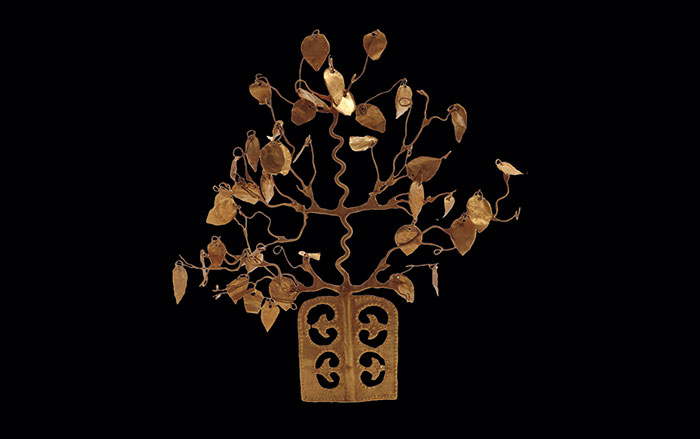 Photograph courtesy Liaoning Provincial Museum, Liaoning Provincial Institute of Cultural Relics and Archaeology, and Chaoyang County Museum
Photograph courtesy Liaoning Provincial Museum, Liaoning Provincial Institute of Cultural Relics and Archaeology, and Chaoyang County Museum -
Features September/October 2025
Remote Sanctuary at the Crossroads of Empire
Ancient Bactrians invented distinct ways to worship their gods 2,300 years ago in Tajikistan
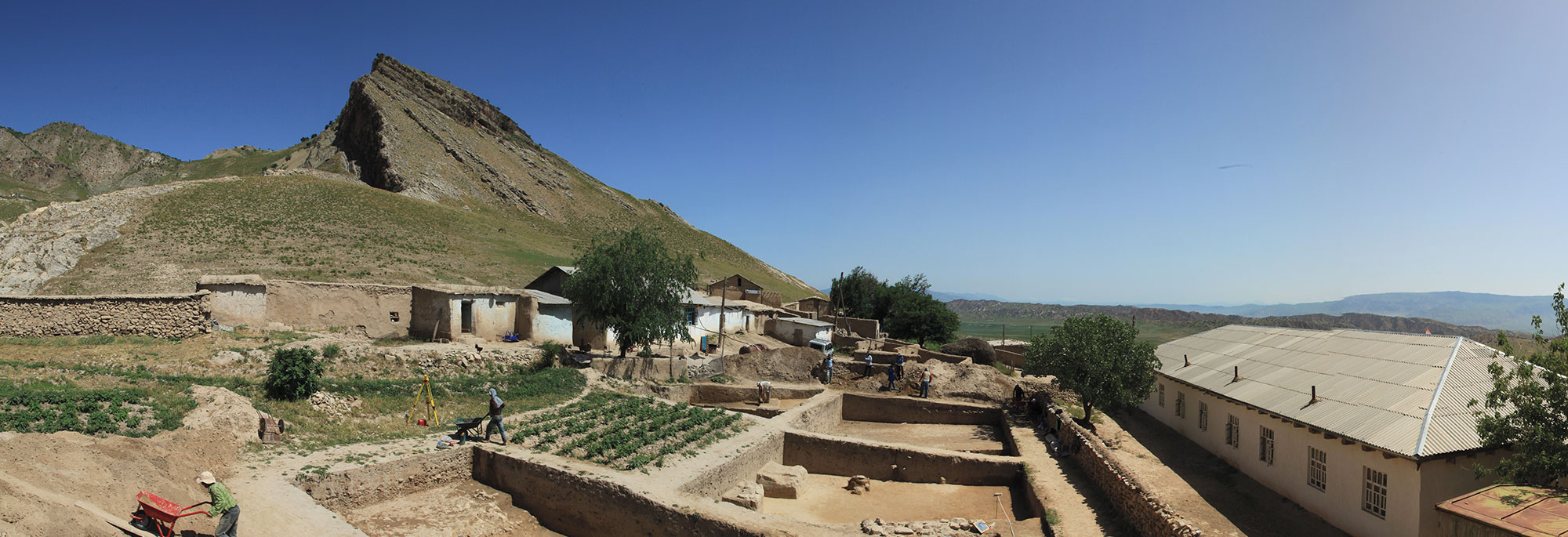 Gunvor Lindström/Excavations supported by the German Research Foundation
Gunvor Lindström/Excavations supported by the German Research Foundation


